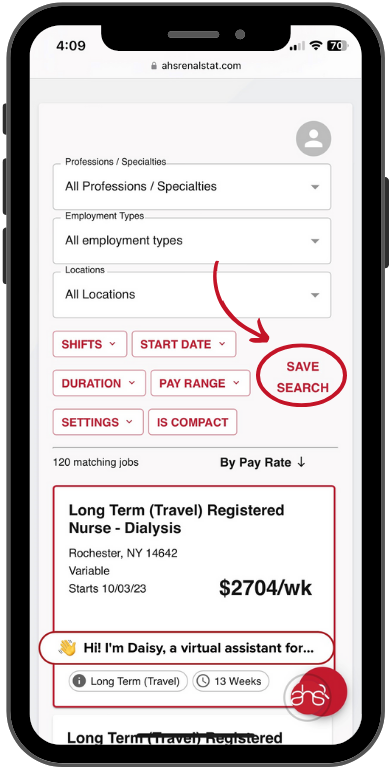A more thorough dialysis technique may help prevent deaths due to heart conditions and infections in people with advanced kidney disease, according to a new study.
Known as hemodiafiltration, that method is better able to clean the kidneys of larger toxins than standard dialysis, which mainly removes small molecules. When not removed from the kidneys, larger toxins could play a role in inflammation and cholesterol buildup, researchers said.
People on dialysis are most likely to die of complications such as heart disease and infection, according to Dr. Francisco Maduell, the study’s lead author from the University of Barcelona in Spain.
Maduell said hemodiafiltration has been available in Europe for almost two decades and more recently in Asia and Canada as well. The Food and Drug Administration gave the okay for the first hemodiafiltration devices to be marketed in the United States less than a year ago.
About 350,000 people in the U.S. are on dialysis. Dialysis machines do the work of healthy kidneys for people with end-stage renal disease, filtering clean fluid into the kidneys and toxins out. Many people stay on dialysis for months or years while waiting for a kidney transplant.
For the new study, Maduell and his colleagues randomly assigned 906 people currently on dialysis in Spain to remain on their normal regimen or switch to hemodiafiltration.
Over the next two years, just under 40 percent of those participants left the study because of a kidney transplant, a change in dialysis unit or another reason.
Of the remaining kidney disease patients, 207 died.
Death rates over three years were 27 percent among patients on standard dialysis, compared to 18 to 19 percent for those on the more thorough filtration method.
In particular, people getting hemodiafiltration were less likely to die of infections. That group also had fewer deaths from cardiovascular disease, although the finding could have been due to chance, the researchers wrote Thursday in the Journal of the American Society of Nephrology.
They calculated that eight people would have to switch from regular dialysis to hemodiafiltration to prevent one death each year.
Dr. Katrin Uhlig, a kidney disease researcher from Tufts Medical Center in Boston, said she welcomed the new research.
“Our survival numbers are not great for this population,” said Uhlig, who wasn’t involved in the new research.
Hemodiafiltration “has some benefits in terms of the size of the molecules that you can remove, so there is some theoretical benefit that you might be removing stuff that might otherwise be harmful,” she told Reuters Health.
However, she said, the cards may have been stacked against the group of people getting standard dialysis in the study, in that those patients were a bit older, on average, and more of them had diabetes.
Standard dialysis costs between $200 and $250 per session in the U.S., and even for younger adults is covered by Medicare. Maduell said hemodiafiltration is usually slightly more expensive, but not by much.
Patients in his study tended to feel better, and had fewer symptoms such as low blood pressure during treatments with that technique.
“The tolerance is equal or better with hemodiafiltration,” he told Reuters Health.
SOURCE: https://bit.ly/9pxA4s Journal of the American Society of Nephrology, online February 14, 2013.
By Genevra Pittman | Reuters


